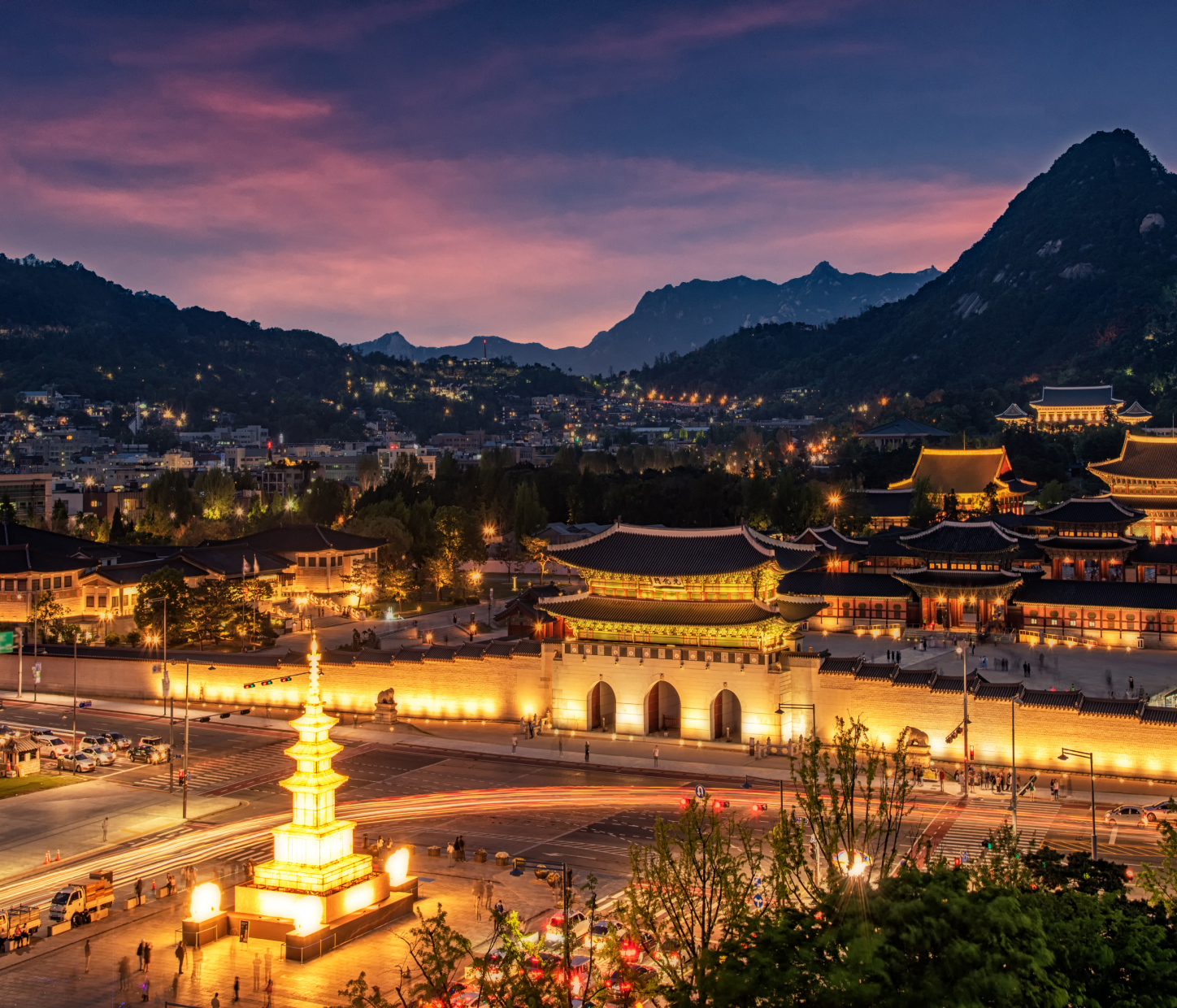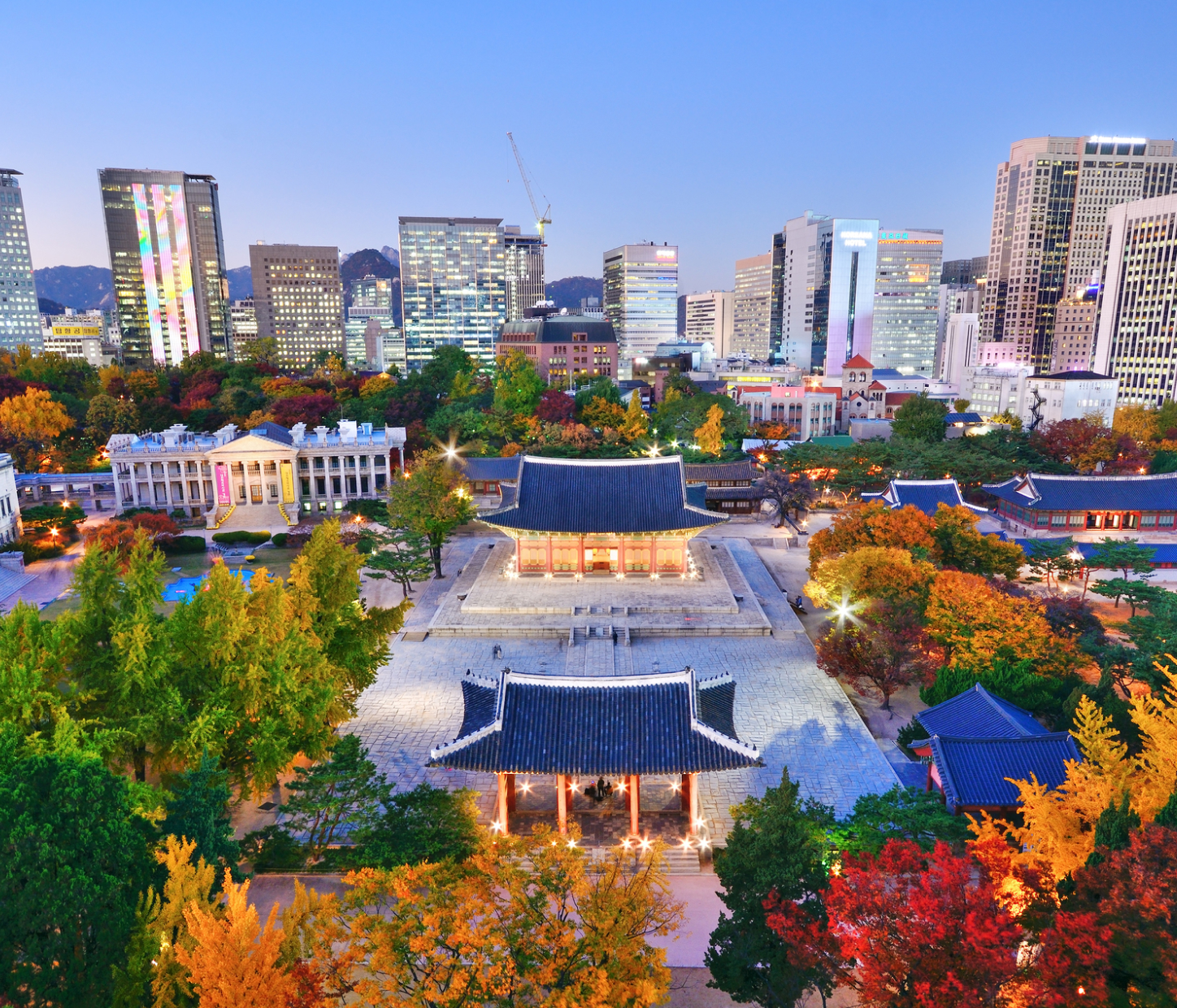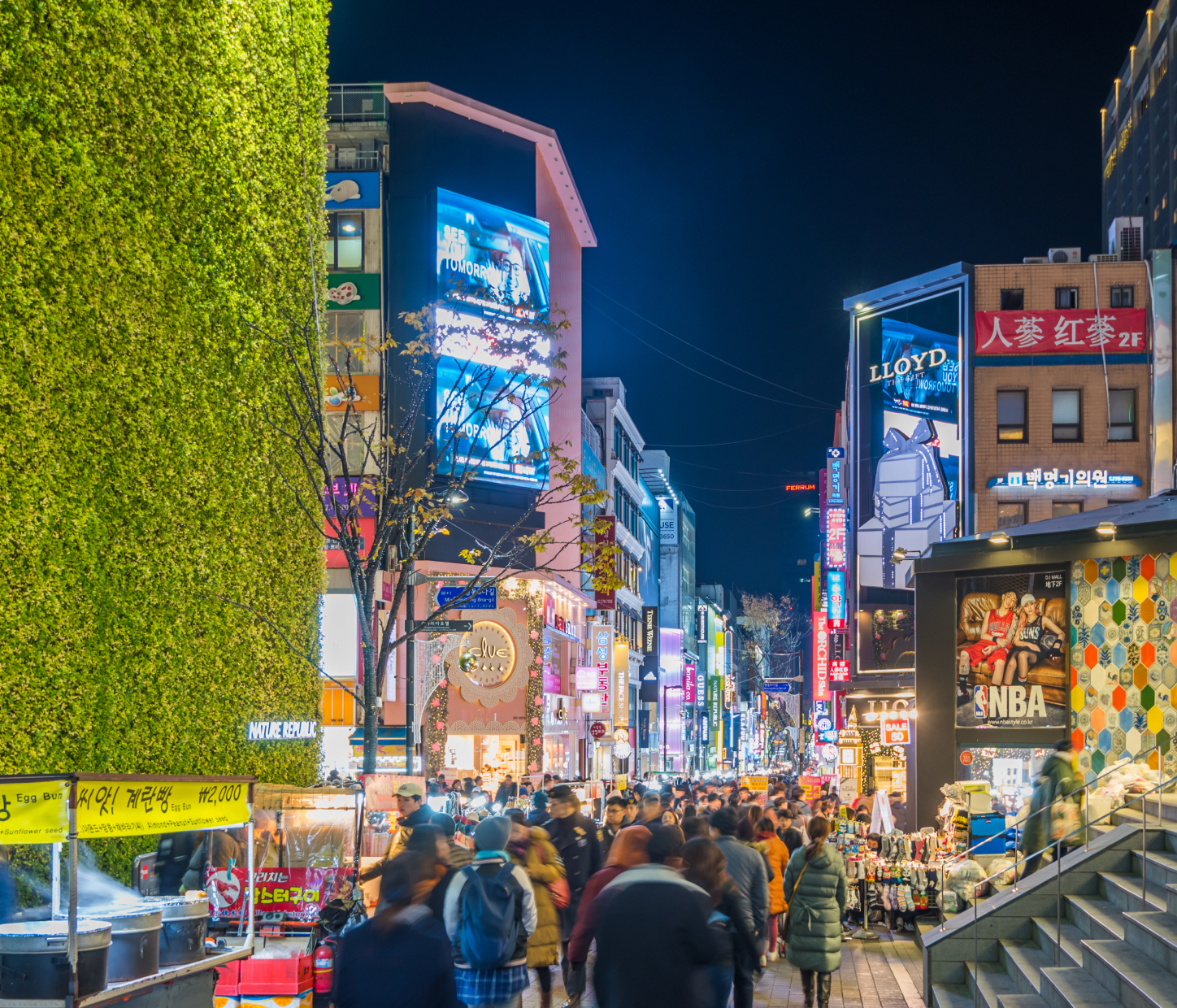- 노랑풍선 시티버스
Tour Course
Night Tour Course
Traditional Culture Course - Nighttime
| Operating time | Bus interval | Duration |
|---|---|---|
| Apr-19:00May-19:30 | Once a day (Non-stop) | 1hour |
Routes and Stops
-
Dongdaemun Design Plaza
-
Bangsan, Jungbu Market
-
Euljiro 3-ga
-
Euljiro 1-ga
-
Cheongwadae
-
Tong-in Market
-
Gwanghwamun Square
-
Seoul Station
-
Namdaemun Market
-
Namsan Ormi
-
Myeongdong
-
Jonggak
-
Insadong
-
Jongmyo
-
Gwangjang Market
-
Dongdaemun Design Plaza
-
_790x400.jpg)
Dongdaemun Design Plaza
Go straight 200m along the hill toward Exit 1 of Dongdaemun History & Culture Park Station on Line 2 (opposite to Milliore)
It is the biggest3-dimensional, atypical construction. This urban development landmark is designed by Zaha Hadid with the concept of ‘Metonymic Landscape’ reflecting the dynamism of Dongdaemun area. .Also known as Dongdaemun History and Culture Park, this is a culture complex with the motto of providing the core to design and creative activities. Since its opening in 2014, it has provided venue for numerous conventions, exhibitions, concerts and fashion shows. It is also very close to other tourist spots such as Cheonggyecheon, Pyeonghwa Market and Doota duty-free. Its entertainment and street food experiences have made this place not only locals’, but also tourists’ favorite.
Attractions
-
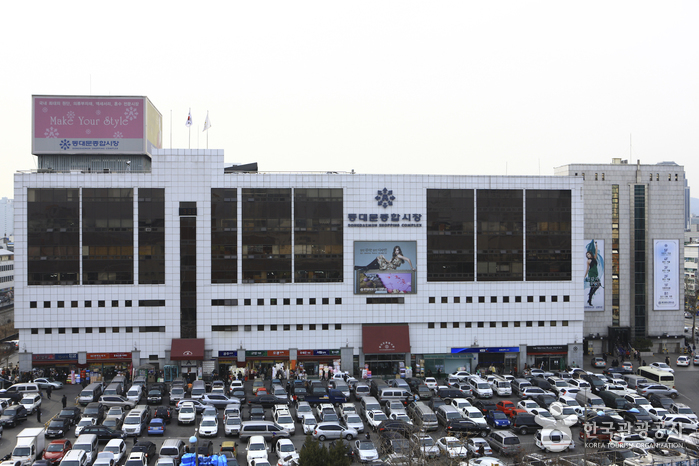
Dongdaemun Shopping Complex and Shopping Town -
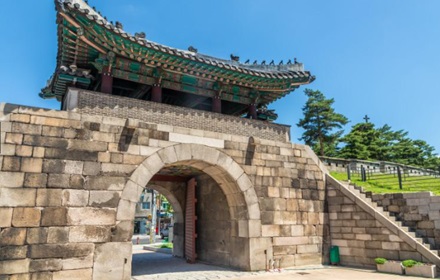
Gwanghuimun Gate -
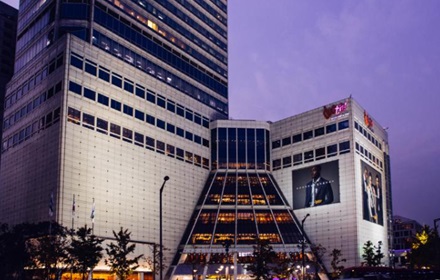
Dongdaemun Market -
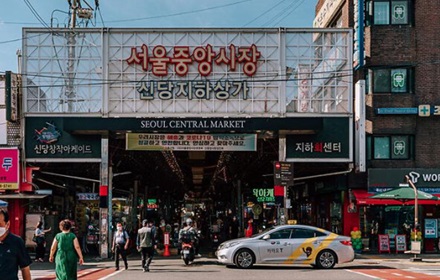
Seoul Central Market
-
-
_790x400.jpg)
Bangsan, Jungbu Market
Exit 6 of Euljiro 4-ga Station on Line 2 and go straight 100m
Bangsan Market is Located between Euljiro 4/5-ga and Cheonggyecheon, Gwyangjang Market and Jungbu Market. It is specialized for printing and packaging, which mainly deals with presswork, packaging materials, wallpapers and towels. Jugbu Market had been formed where two big commercial centers –Namdaemun and Dongdaemun- overlap, to be the now biggest dried fisheries market in Korea famous for stockfish and fresh seafood.
Attractions
-
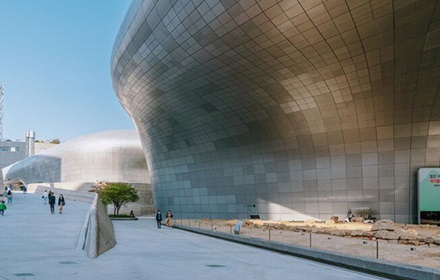
Dongdaemun Design Plaza -
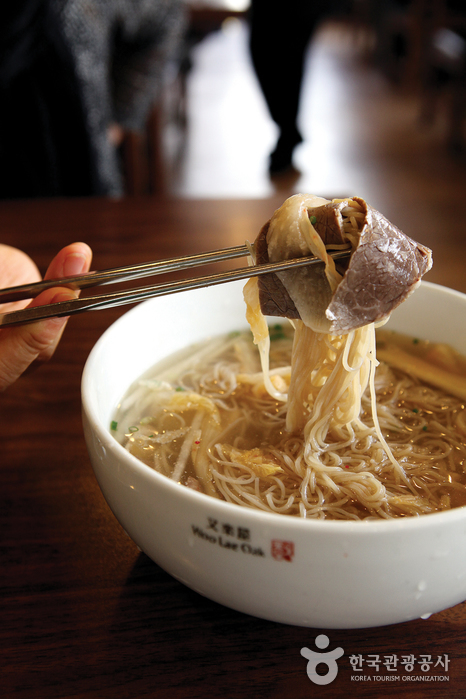
Wooraeok -
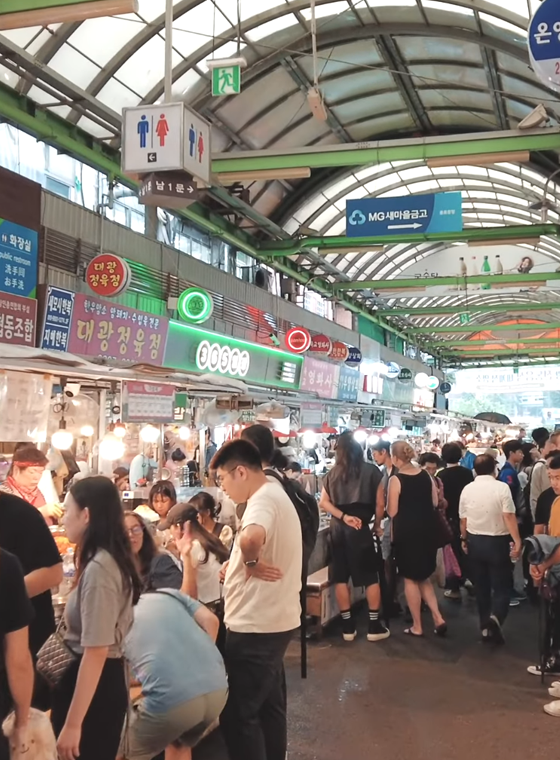
Gwangjang Market -
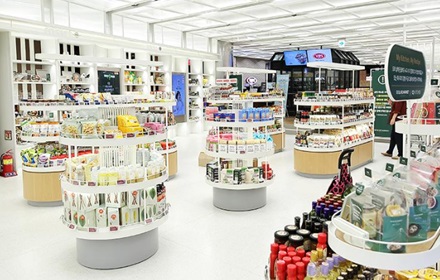
CJ the Market
-
-
_790x400.jpg)
Euljiro 3-ga
Exit 3 of Euljiro 3-ga Station on Line 2 (In front of Woori Bank Euljiro Branch)
This area was named after Euljimundeok, one of the respected generals of ancient Korea, when the area was renamed in Korean after Independence. It is where traditional markets –Bangsan, Jungbu- and many ironworks are located.
Attractions
-
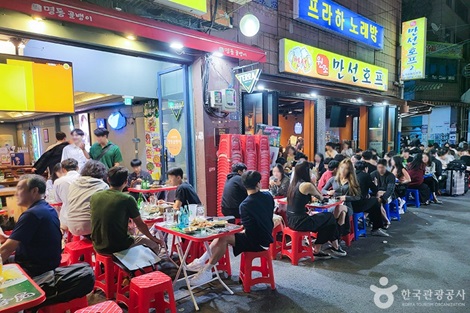
Nogari Alley -
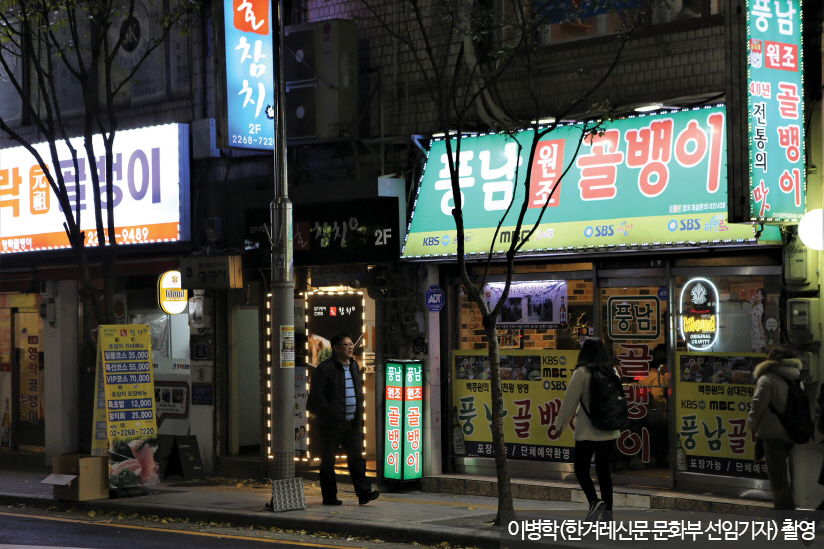
Golbaengi Alley -
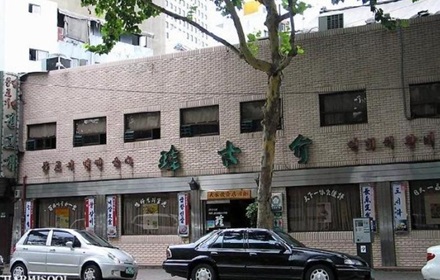
Jingogae -
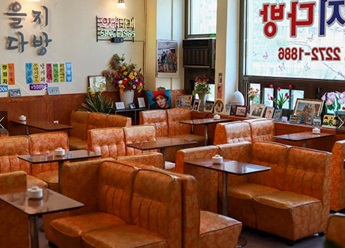
Eulji Dabang
-
-
_790x400.jpg)
Euljiro 1-ga
50m in the 6 o'clock direction from Exit 1-1 of Euljiro 1-ga Station (Opposite to Lotte Hotel)
Euljiro 1-ga Station is located between the City Hall and Euljiro 3-ga Station. Opened in September 16th, 1983, it was named after the street connected to the station. Boshingak, Seoul Plaza, Bank of Korea, Curerncy Museum, Myeongdong Catholic Church are nearby.
Attractions
-
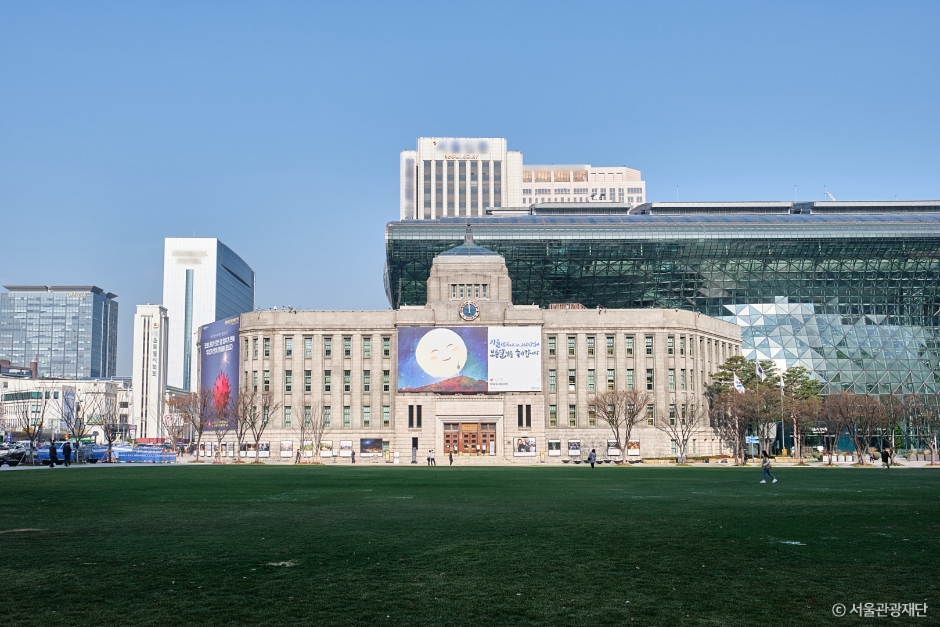
Seoul Plaza -
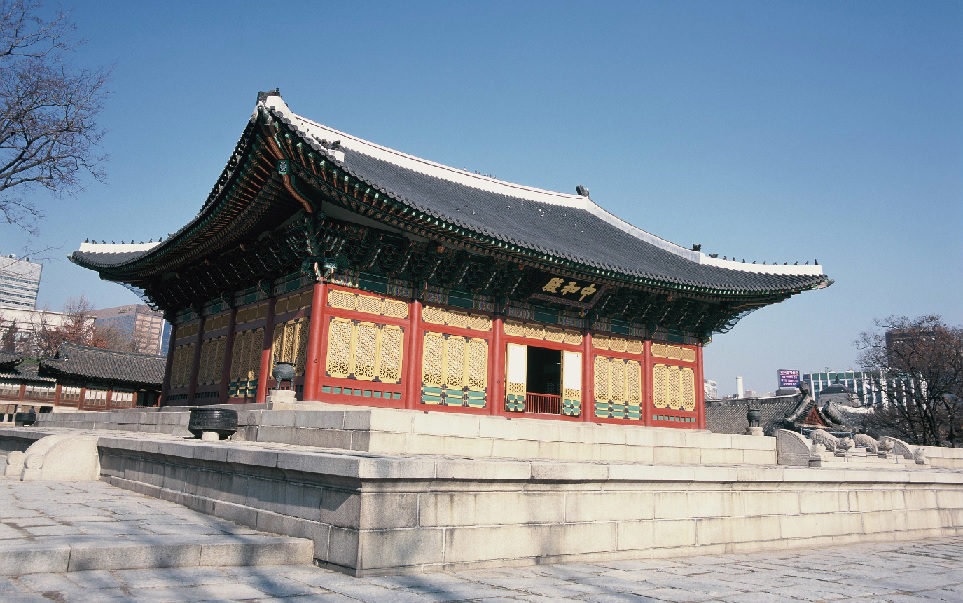
Deoksugung Palace -
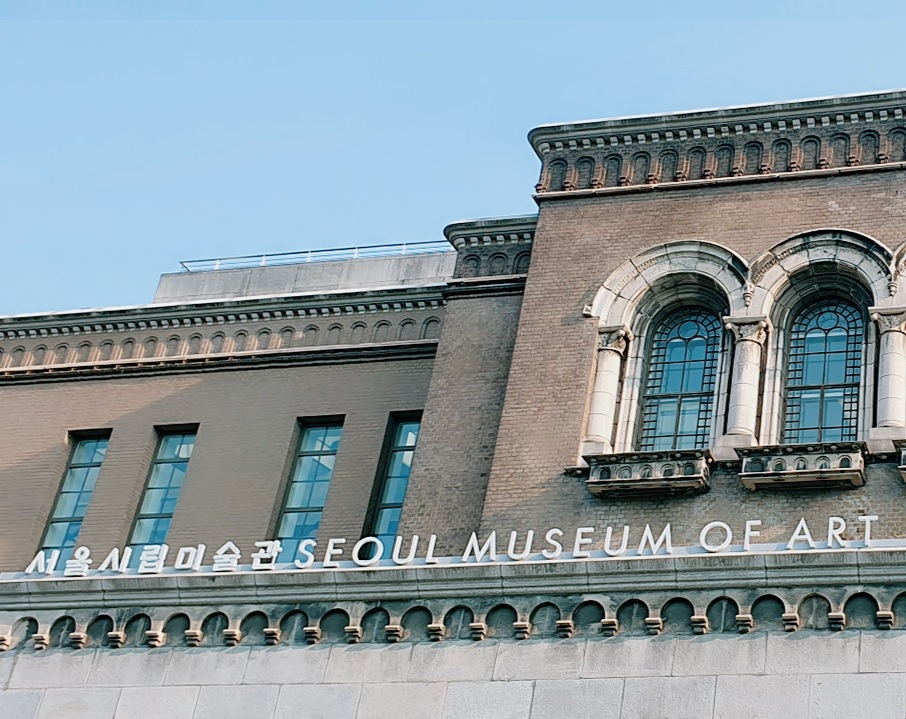
Seoul Museum of Art -
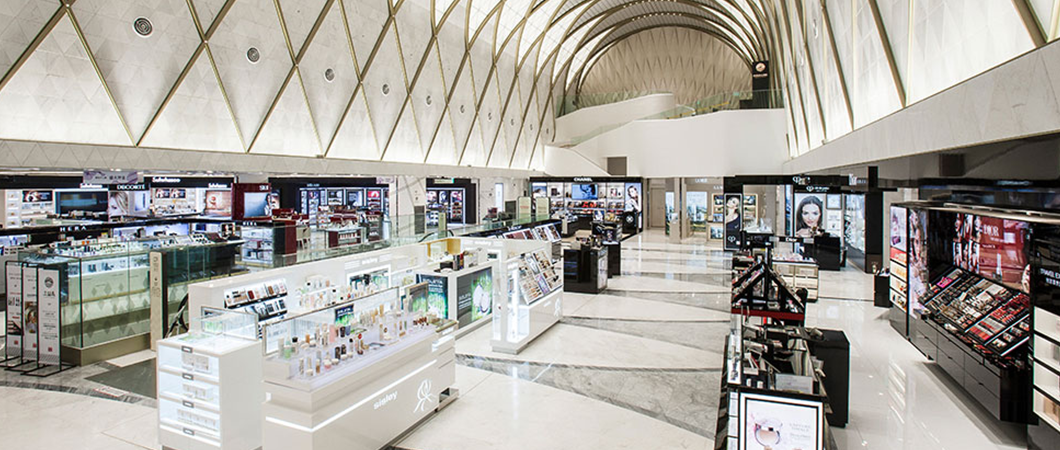
Lotte Duty Free Shop
-
-
_790x400.jpg)
Cheongwadae
Go 100m in the 6 o'clock direction from Exit 4 of Gyeongbokgung Station, then go straight along the stone wall for 750m to the Hyoja-dong intersection (Opposite Sarangchae)
Cheongwadae, the Blue House, is the Presidential residence of Korea. Backing the Bugak Mountain, the two-storage Presidential office building is accompanied by secretaries’, guards’ offices and back garden connected to Bugak Mountain. The name Cheongwadae originated from the blue color if the roof tiles.
Attractions
-
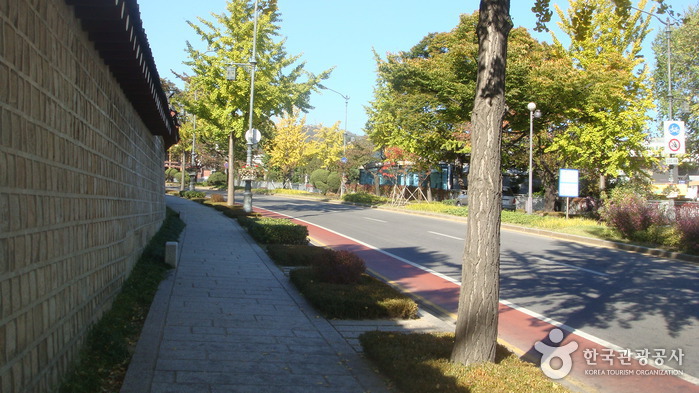
CheongWaDae -
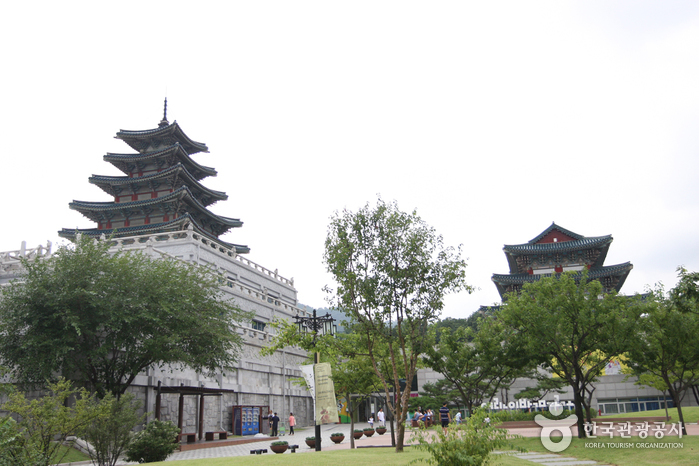
National Folk Museum of Korea -
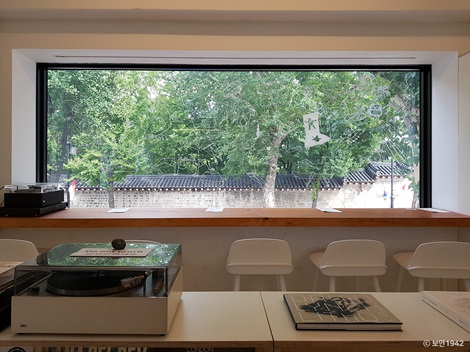
BOAN1942 -
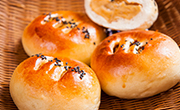
Hyoja Bakery
-
-
_790x400.jpeg)
Tong-in Market
Go straight for 450m in the direction of Tongin Market from Exit 2 of Gyeongbokgung Station (In front of Babaria Clothing Store)
Located West to Gyeongbokgung, this area was famous for its artists in Choseon Dynasty. At the unique Dosirak cafes in the market, you can enjoy traditional foods and snacks like Ddeokbokki, Bukkumi using the traditional coins. Park Nosoo Museum, Sejong Village and Dae-oh Bookstore are worth a visit.
Attractions
-
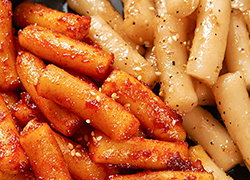
Oil Tteokbokki -
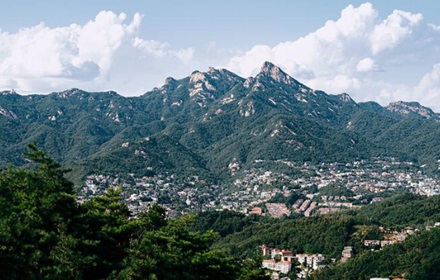
Inwangsan Mountain -
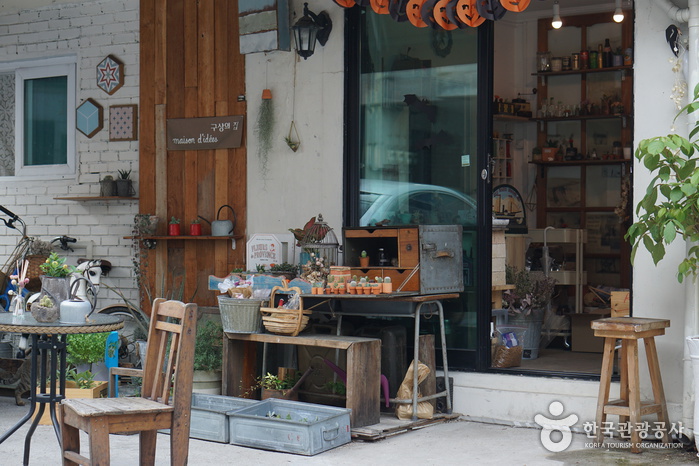
Seochon Hanok Village -
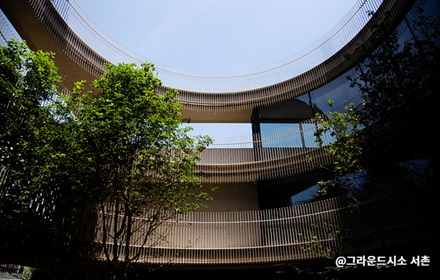
Groundseesaw Seochon
-
-
_790x400.jpg)
Gwanghwamun Square
Go straight 150m from Exit 9 of Gwanghwamun Station (Behind the statue of King Sejong, at the bus stop)
Gwanghwamun Square is a public square with over 600 years of history. Located at the center of Sejong-ro Road, it focuses on people first, cars later. With Gyeongbokgung Palace and Bugaksan Mountain in the background, the square restored the past, serving as a cultural and historical space. Various statues and structures were reproduced to bring back the historical look.
Attractions
-
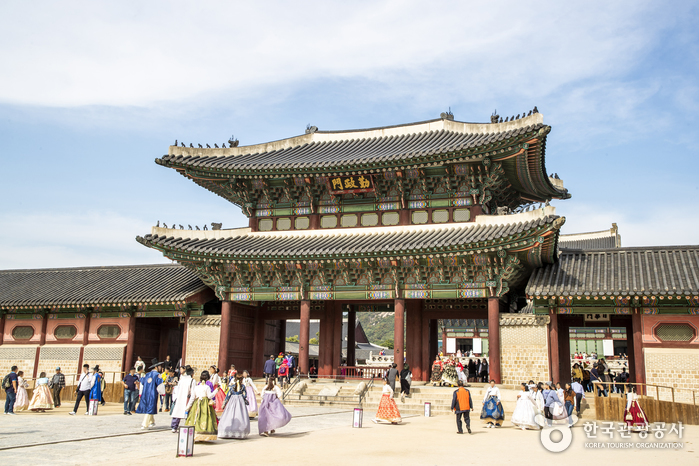
Gyeongbokgung Palace -
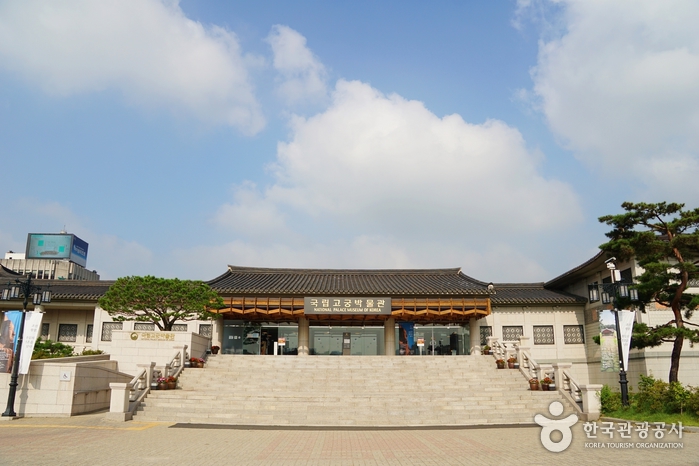
National Palace Museum of KoreaNational Palace Mus -
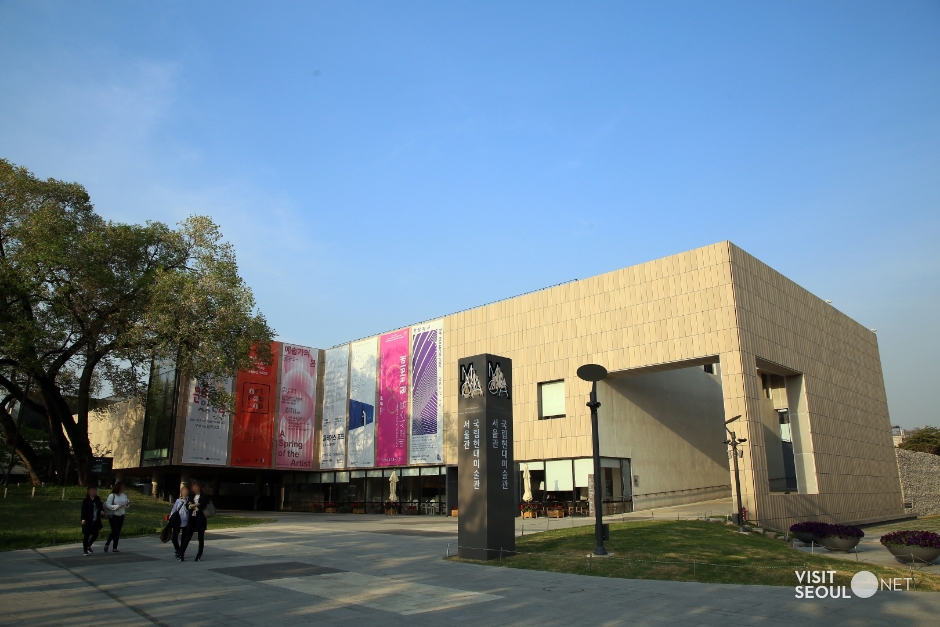
MMCA (Seoul) -
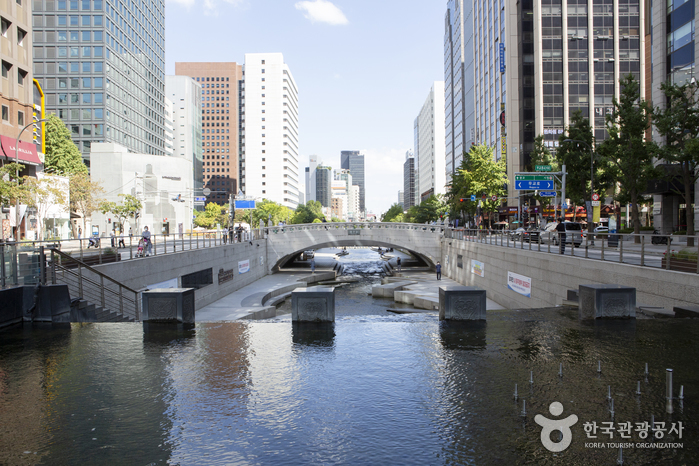
Cheonggyecheon Stream
-
-
_790x400.jpg)
Seoul Station
In front of Seoul Station Bus Transfer Center, Exit 9-1 of Seoul Station on Line 1 (Platform 6)
Since its opening in 1900, Seoul Station has been a gateway to Seoul, the capital of Korea. This is where the Gyeongbu Railway/ KTX and Gyeongui Railway start and end, and Line number one and four transact. It is a complex shopping district with department store and big outlets inside and near the station.
Attractions
-
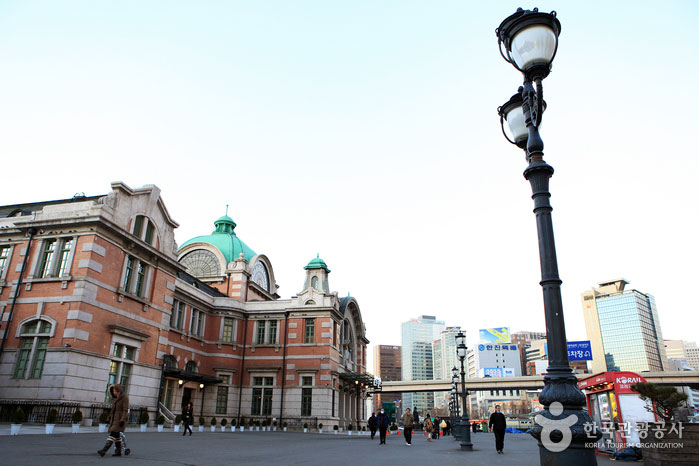
Culture Station Seoul 284 -
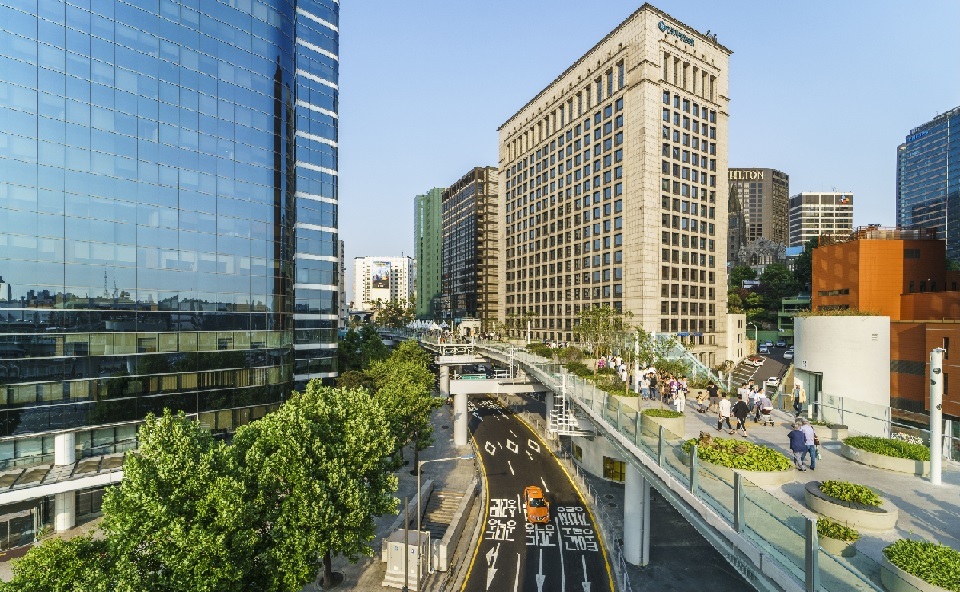
Seoullo 7017 -
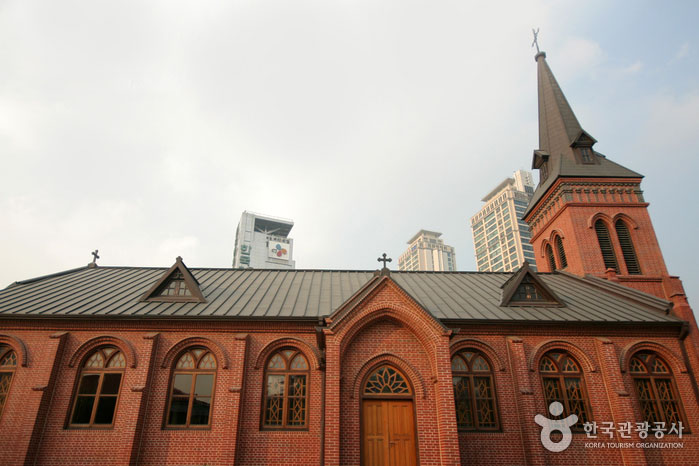
Yakhyeon Catholic Church -
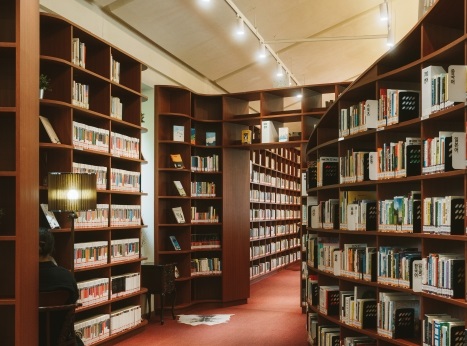
Son Kee-chung Culture Library
-
-
_790x400.jpg)
Namdaemun Market
Go straight 200m in the 6 o'clock direction from Exit 7 of Hoehyeon Station, turn left at the end of the alley (In front of Wangsol Pharmacy)
It is the biggest market in Korea, representing not only Seoul but the country. Web of alleys are all full of shops and stalls, carrying a diversity of goods from clothes to foods. Located at the center of the city, and also famous for its reasonable price and intimate culture characteristic to traditional markets, it boasts its record of more than 400K visitors per day.
Attractions
-
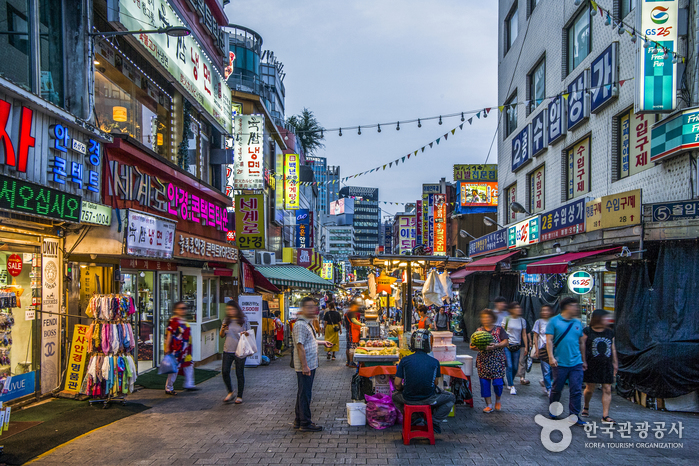
Namdaemun Market -
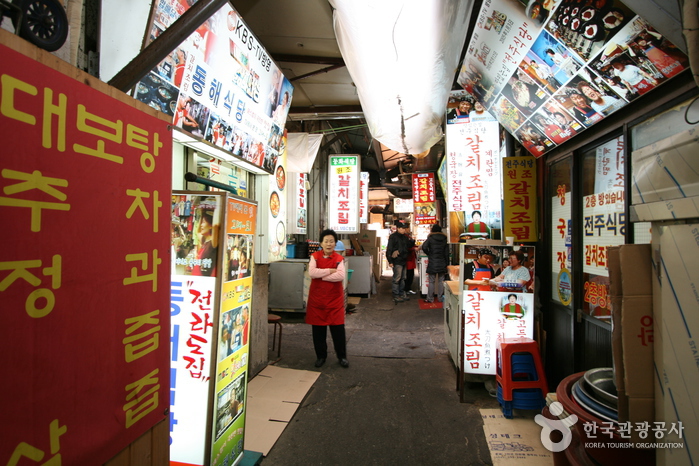
Namdaemun Galchi-jorim Alley -
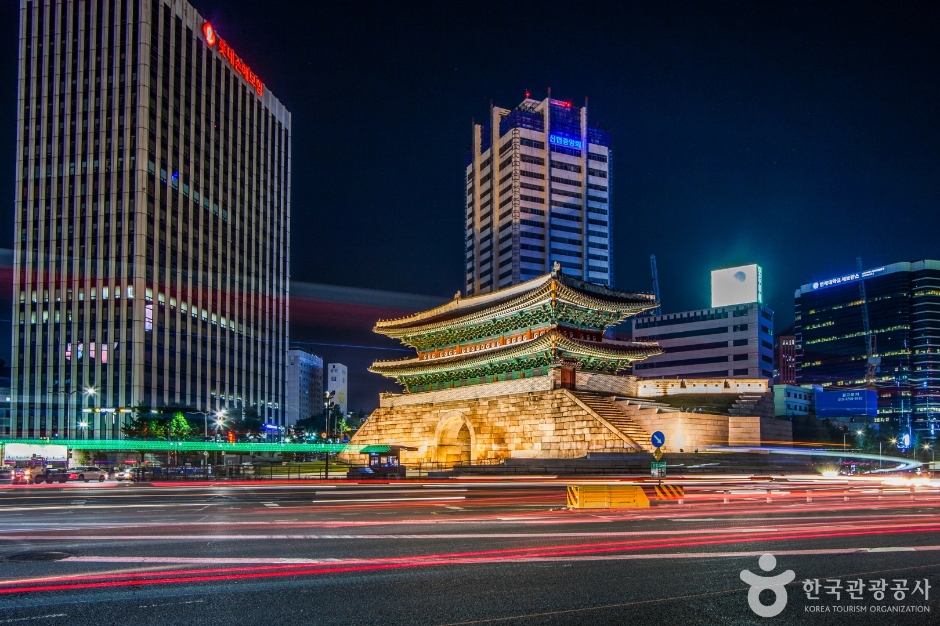
Sungnyemun Gate (Namdaemun) -
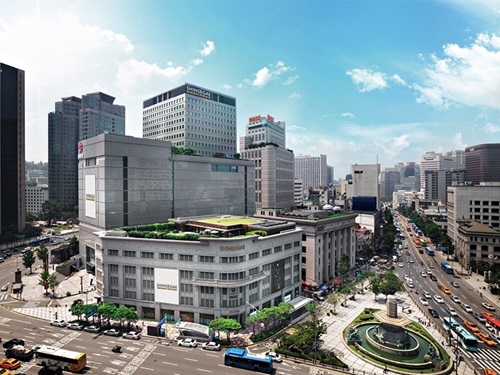
Shinsegae Duty Free
-
-
_790x400.jpg)
Namsan Ormi
Go straight 200m from Exit 4 of Myeongdong Station, turn left and go straight for 220m (In front of Hoehyeon 119 Safety Center)
Namsan Ormi is a glass-covered inclined elevator that leads to the ticket office of Namsan Cable Car. Most people who come by public transportation to ride the Namsan Cable Car come here on foot. The total length is 140m and the speed is 60m/min, so you can enjoy a panoramic view of Seoul even a little while moving. It runs from 9 a.m. to 11 p.m. on all days except Mondays, and from 1 p.m. to 11 p.m. on Mondays due to a regular inspection reason.
Attractions
-
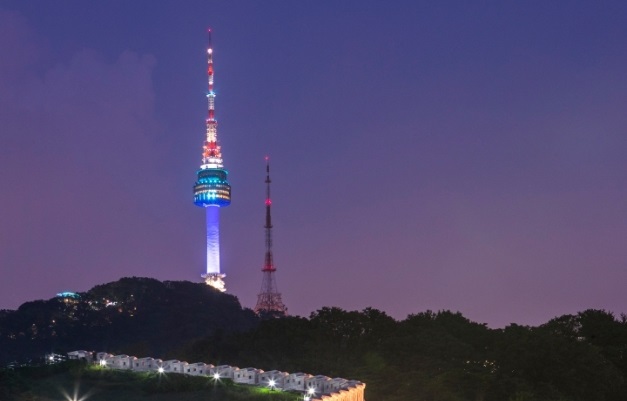
Namsan Seoul Tower -
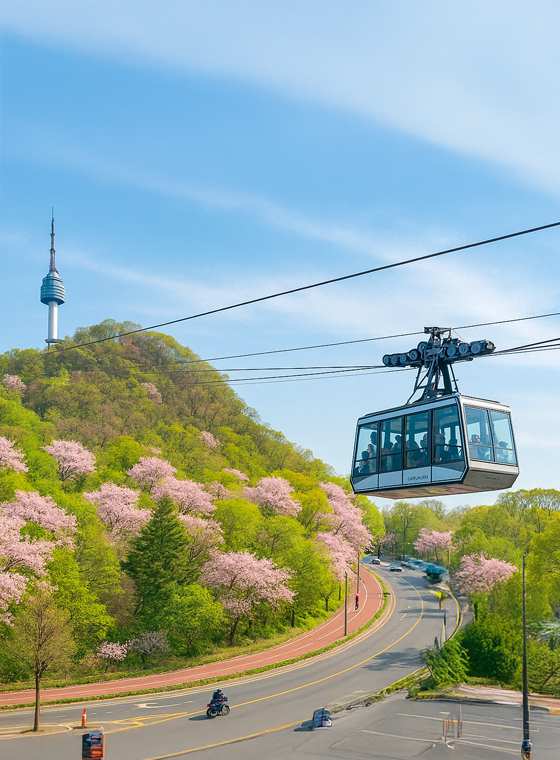
Namsan Cable Car -
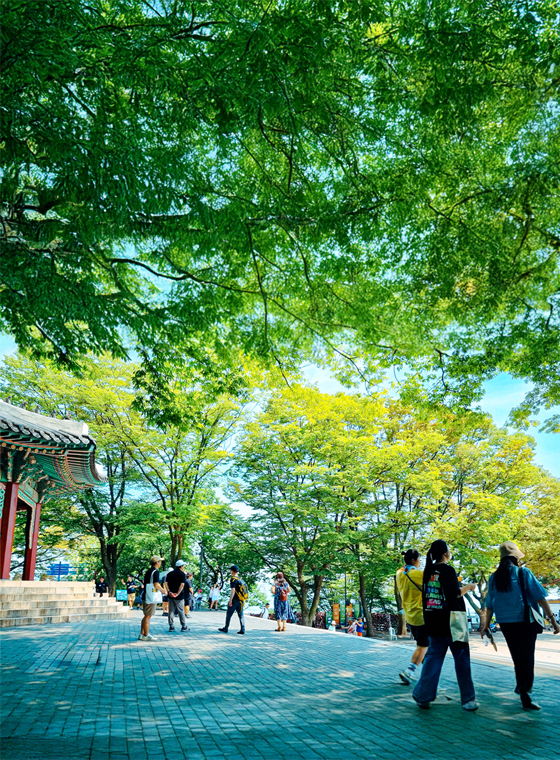
Namsan Park -
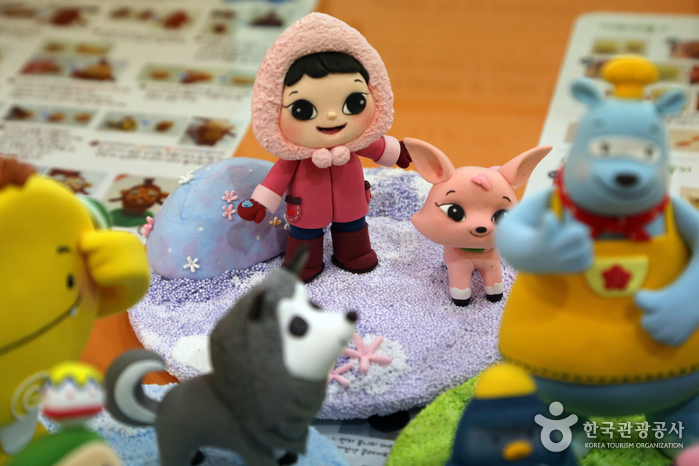
Seoul Animation Center
-
-
_790x400.jpg)
Myeongdong
Go straight 200m from Exit 6 of Myeongdong Station (Opposite to Lotte Avenue L)
This is one of the most famous shopping districts in Korea where you can enjoy shopping at department stores, famous cosmetic shops and brand fashion shops. Lotte and Shinsegae Department stores, Noon Square, Miliore, M plaza are all in walking distance. You would be able to find brand fashion shops not only at the main street but in the alleys, and various entertainments including street foods are among the best offers of the area.
Attractions
-
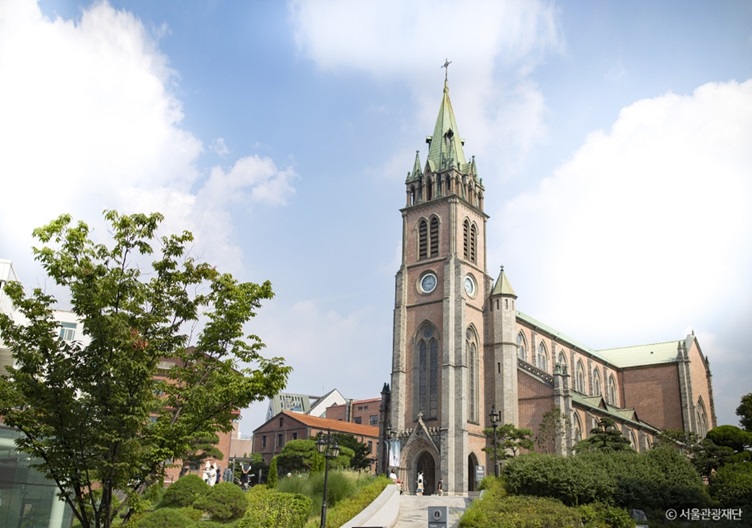
Myeongdong Cathedral -
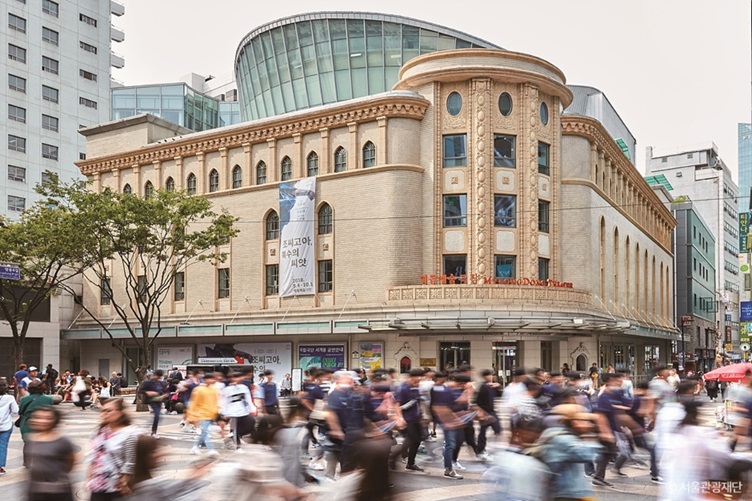
Myeongdong Theater -
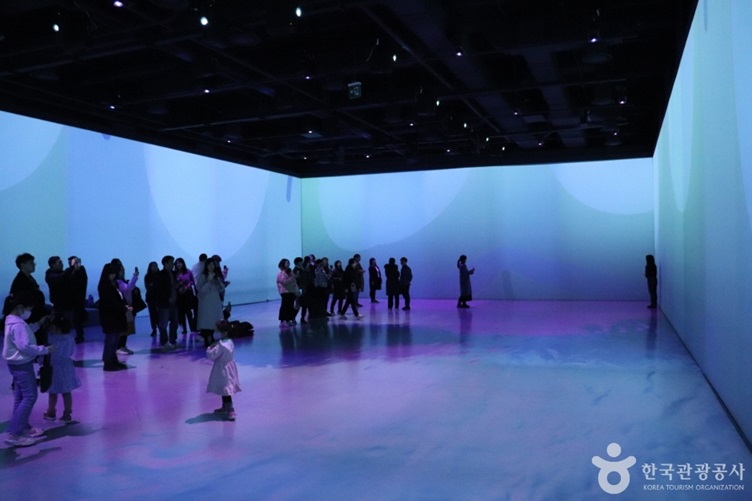
Groundseesaw Myeongdong -
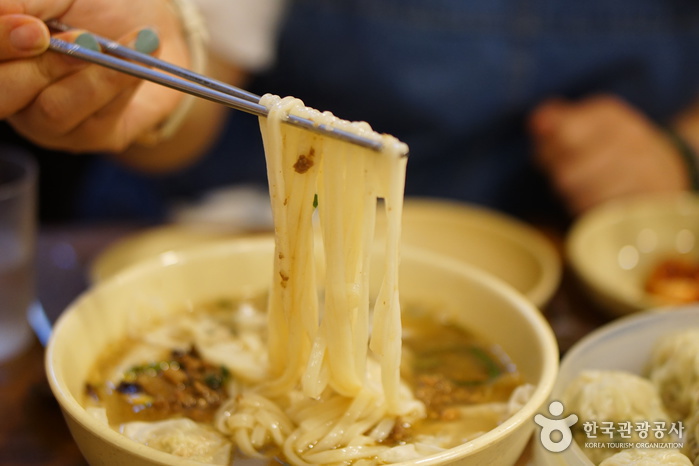
Myeongdong Kyoja
-
-
_790x400.jpg)
Jonggak
Go straight 50m from Exit 5 of Jonggak Station, cross the left crosswalk in front of T world
Known mainly as a commercial area, Jonggak is also where people celebrate the end of year by hitting the big bell of Boshingak. Also, there is an underground shopping complex where you can enjoy shopping and street food. Cheonggyechon, the Avenue of Youth, Jogyesa are nearby.
Attractions
-
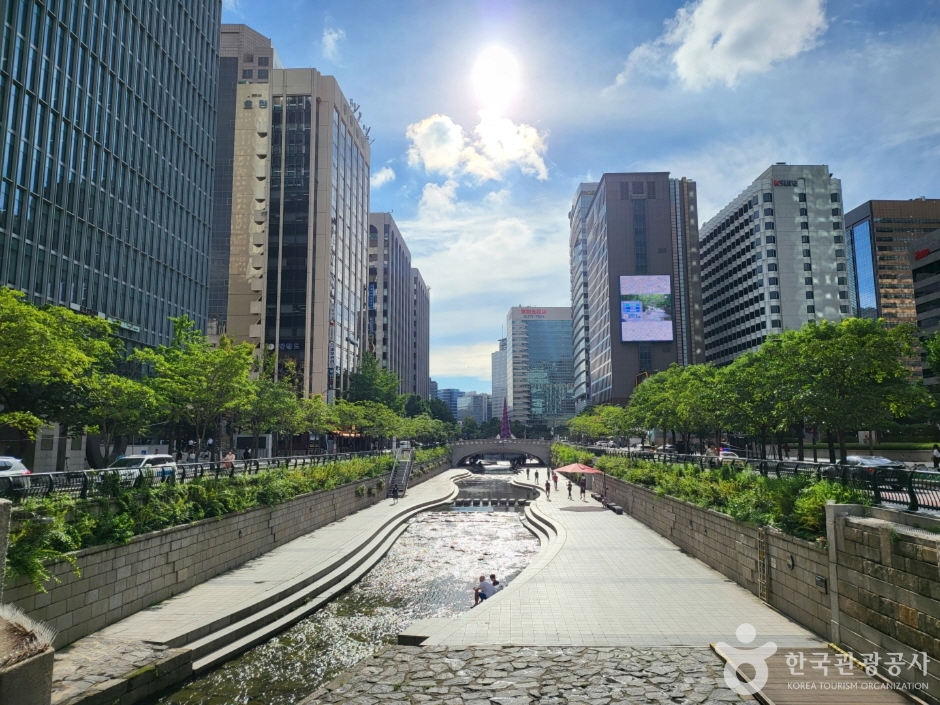
Cheonggyecheon Stream -
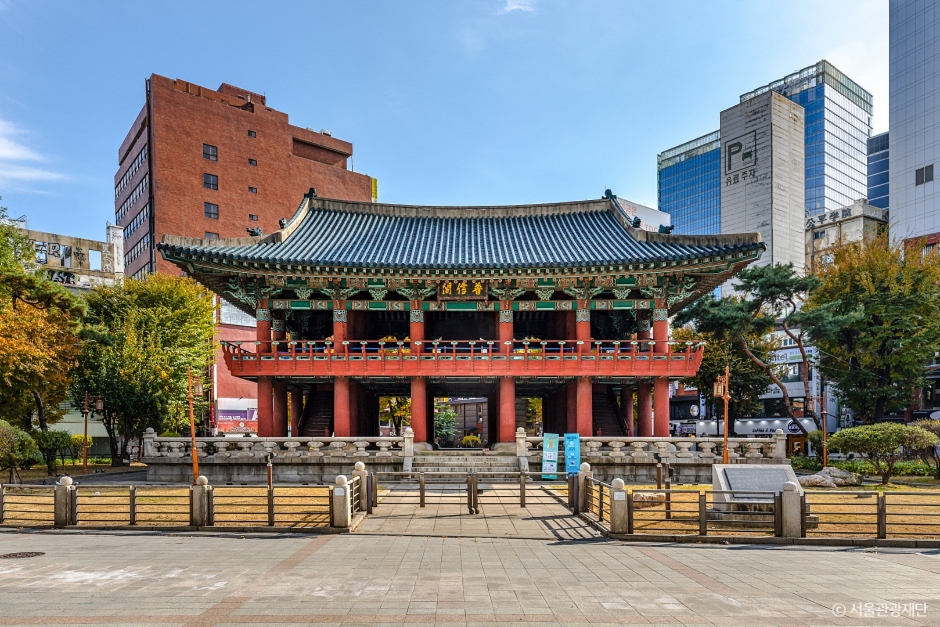
Bosingak Pavilion -
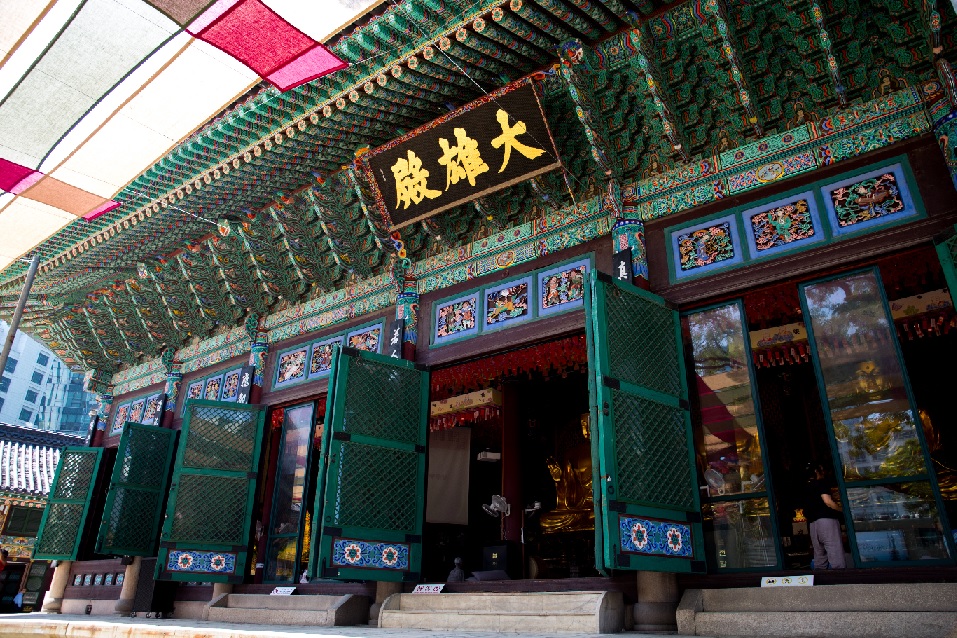
Jogyesa Temple -
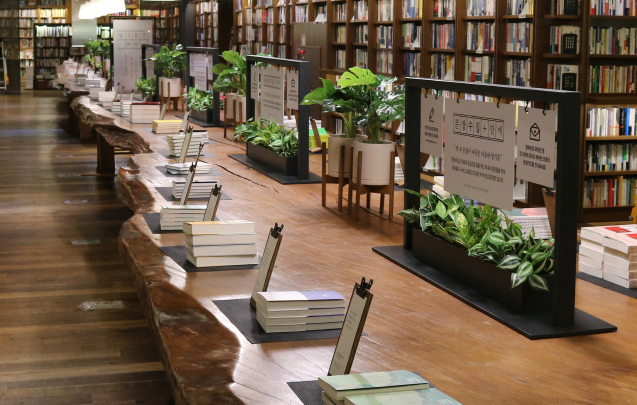
Kyobo Bookstore
-
-
_790x400.jpg)
Insadong
Go straight 200m from Exit 15 of Jongno 3-ga Station on Line 1 (In front of IBK Bank)
Insadong is known as where you can best experience the Korean traditional culture, thanks to the large complex of stores carrying antiques and antique books, traditional tea room and artisan shops. Also, it had been famous for galleries of the area. Across the street you can find Tapgol Park, where one of the most important independence movements took place.
Attractions
-
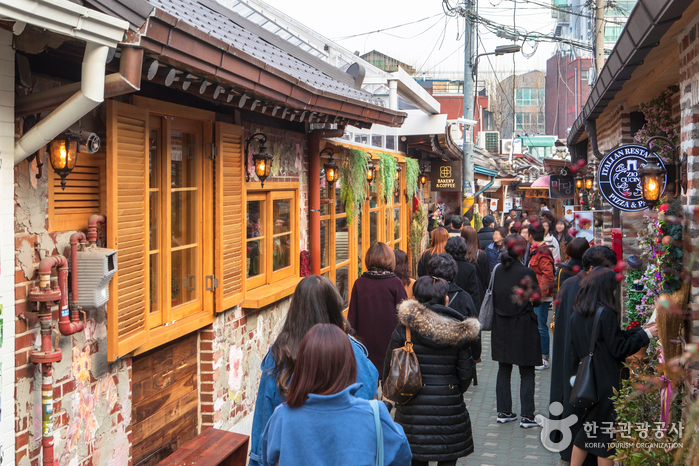
Ikseon-dong Hanok Village -
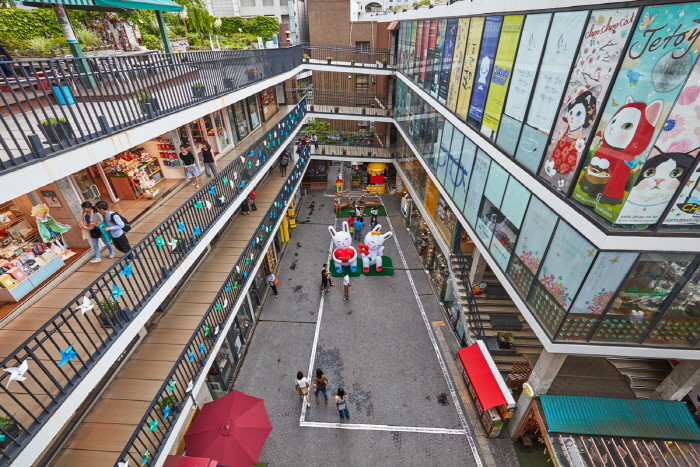
Ssamzi-gil -
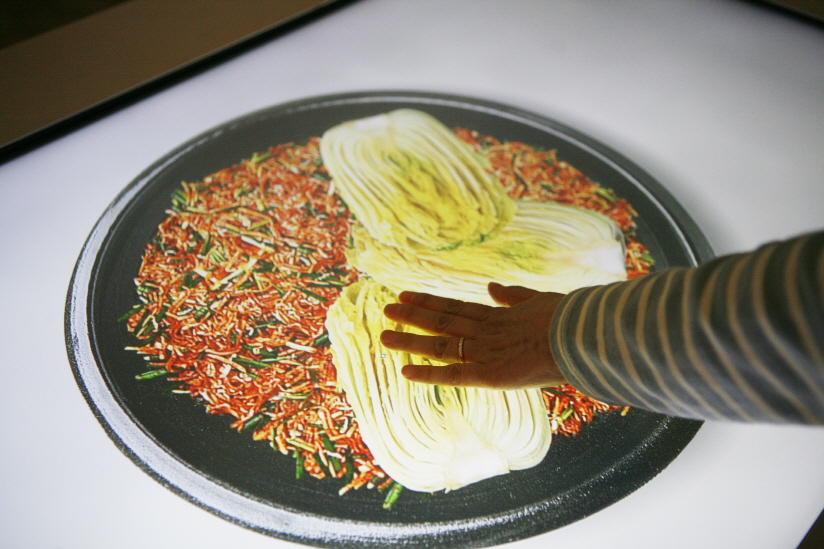
Museum Kimchikan -
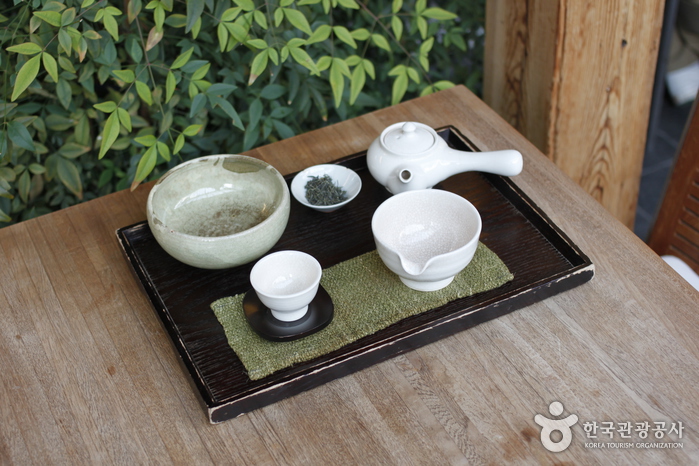
Beautiful Tea Museum
-
-
_790x400.jpg)
Jongmyo
Go straight 80m from Exit 12 of Jongno 3-ga Station (In front of Doosan Medical)
Jonmyo is a shrine where the royal Shinjus, which is a mortuary tablets following Confucius tradition, are stored and respected. It was selected in 1995 as UNESCO World Heritage. Sewoon Electronics Plaza is nearby. Jongmyo jerye, the annual ritual which takes place every May, has also been selected as UNESCO Oral/ Intangible Heritage as the longest-held ancestral rituals with its origin as old as since 1464. Except Saturdays and the last Wednesday of the month are open for free admissions, admissions are limited and offered with professional docent.
Attractions
-
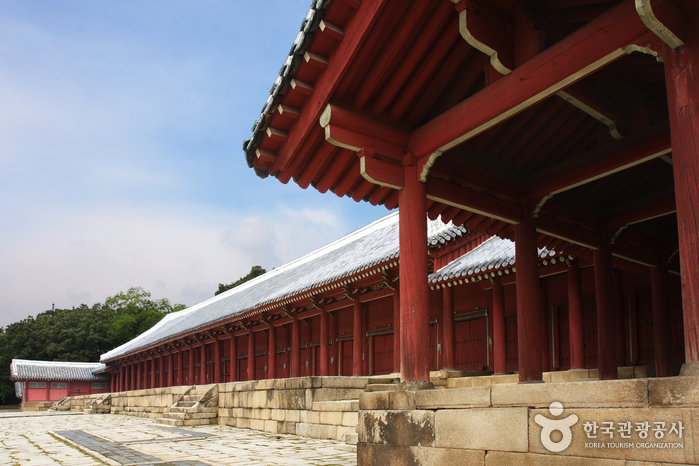
Jongmyo Shrine -
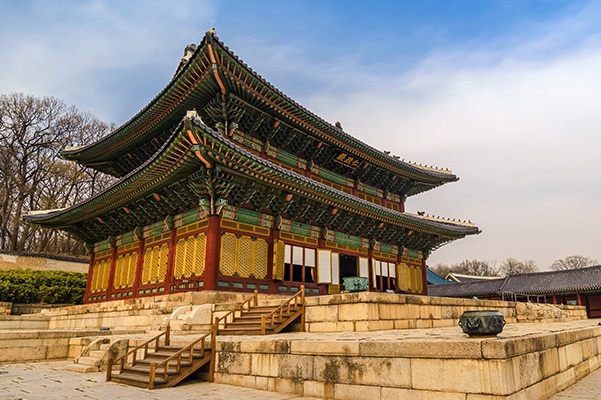
Changdeokgung Palace -
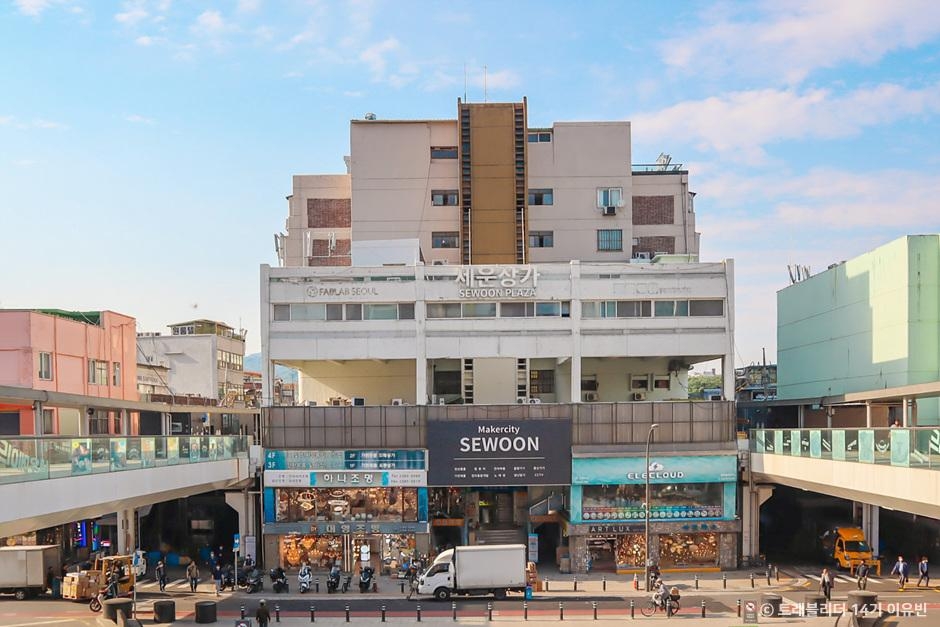
Sewoon Shopping Center -
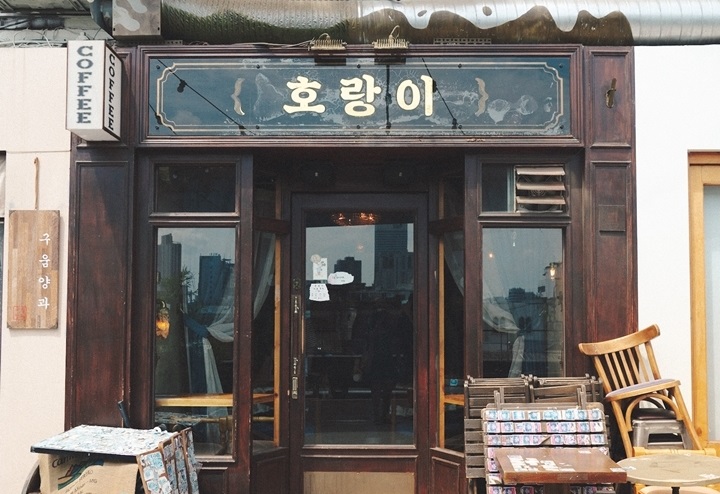
Tiger
-
-
_790x400.jpg)
Gwangjang Market
Go straight 150m from Exit 8 of Jongno 5-ga Station (In front of Jongno Uri Pharmacy)
Located between Jongro4/5-ga and Cheonggyecheon. Gwangjang Market has been long known as the biggest market for Hanbok and textiles. Recently it has become famous also for its street foods such as Gimbap, Binae-tteok, Korean style beef Tartare. The street food vendors and joints which used to serve the market workers are now rather serving connoisseurs with its delicious treats.
Attractions
-

Gwangjang Market -
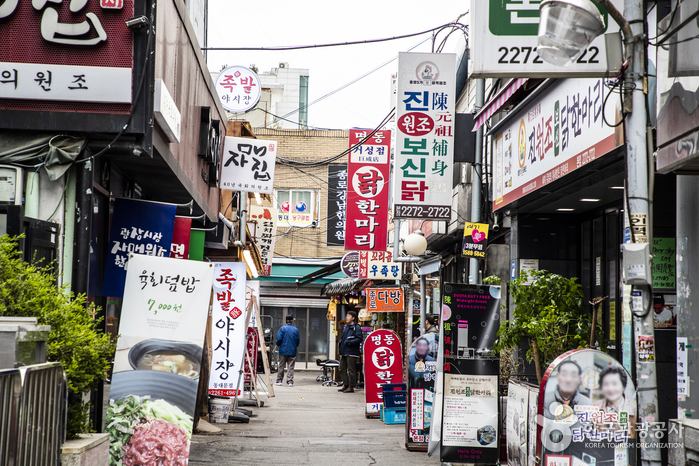
Dongdaemun Dak Hanmari Alley -
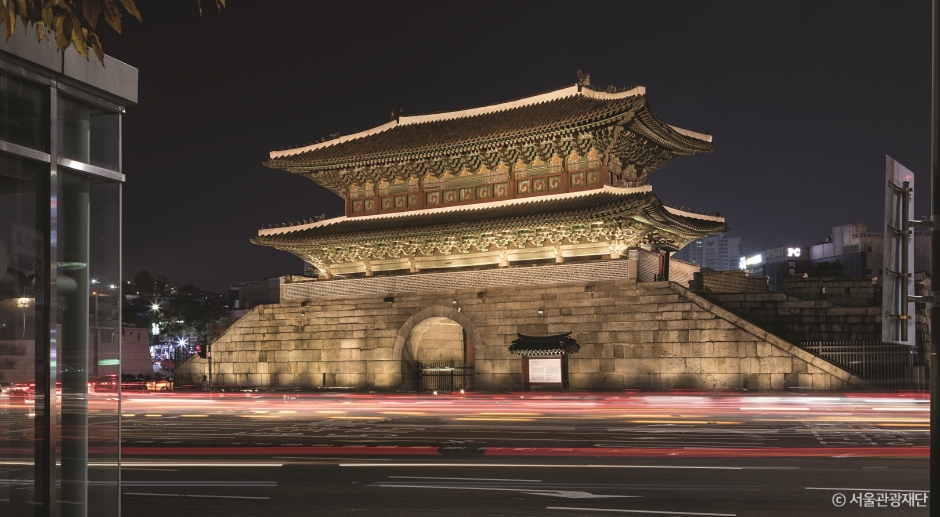
Heunginjimun Gate (Dongdaemun) -
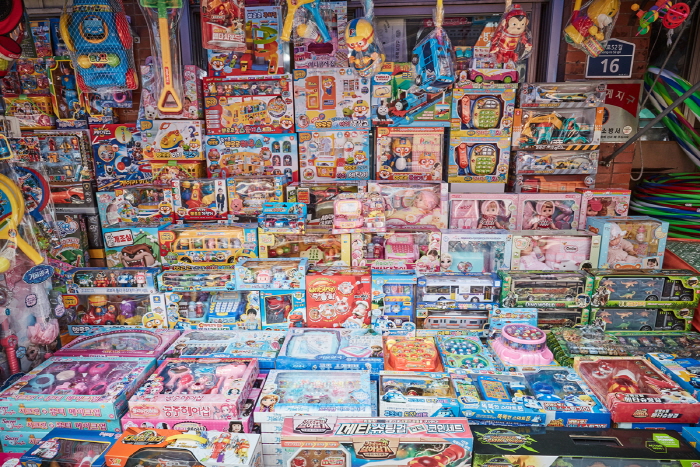
Changsin-dong Toy Wholesale Market
-

